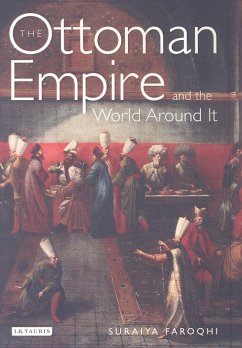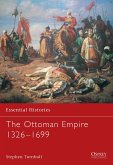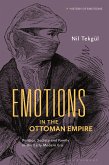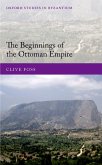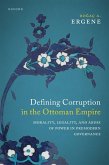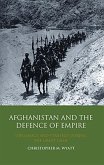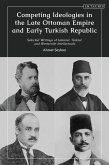In Islamic law the world was made up of the 'House of Islam' and the 'House of War' with the Ottoman Sultan - successor to the early Caliphs - as supreme ruler of the Islamic world. However, in this ground-breaking study of the Ottoman Empire in the early modern period, Suraiya Faroqhi demonstrates that there was no 'iron curtain' between the Ottoman and 'other' worlds but rather a long-established network of connections - diplomatic, trading and financial., cultural and religious. These extended beyond regional contacts to the empires of Asia and the burgeoning 'modern' states of Europe - England, France, the Netherlands and Venice. Of course, military conflict was a constant factor in these relationships, but the overriding reality was 'one world' and contact between cultured and pragmatic elites - even 'gentlemen travelling for pleasure' - as well as pilgrimage and close artistic contact with the European Renaissance.
Faroqhi's book is based on a huge study of original and early modern sources, including diplomatic records, travel and geographical writing, as well as personal accounts. Its breadth and originality will make it essential reading for historians of Europe and the Middle East.
Faroqhi's book is based on a huge study of original and early modern sources, including diplomatic records, travel and geographical writing, as well as personal accounts. Its breadth and originality will make it essential reading for historians of Europe and the Middle East.

